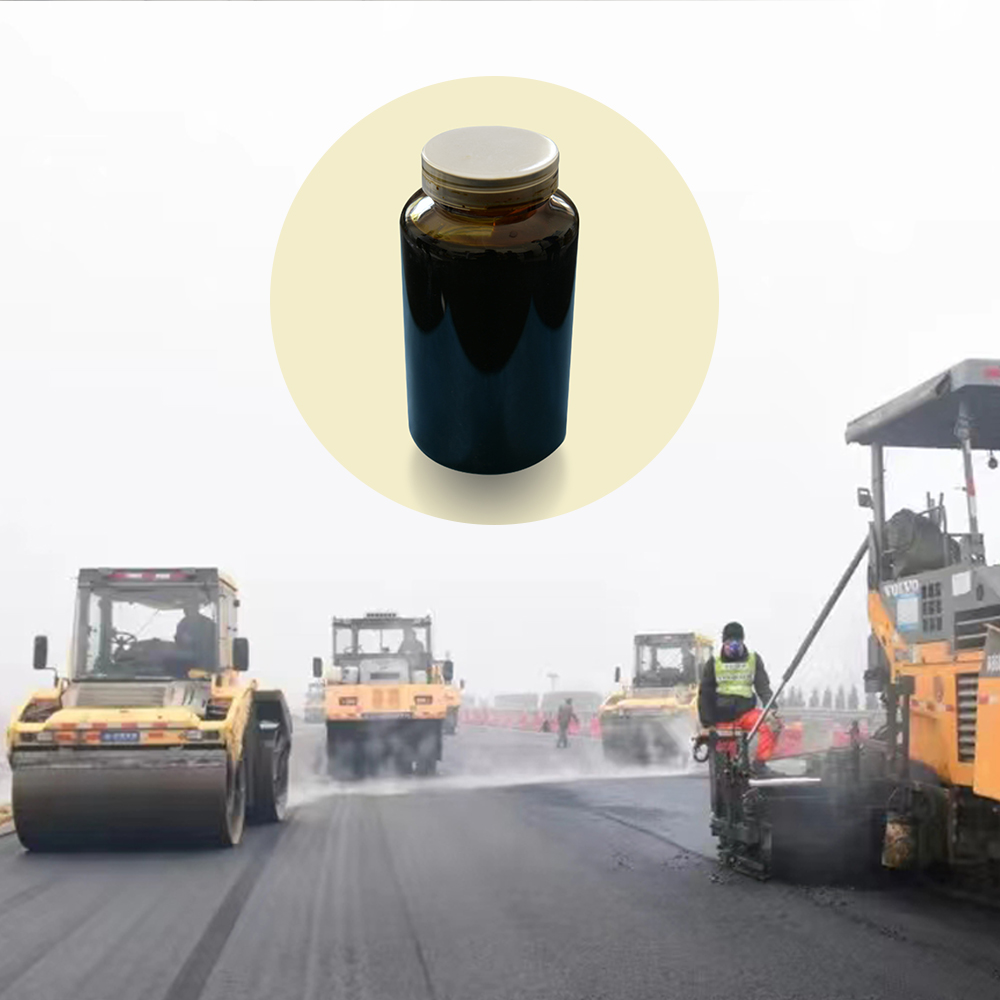Table of Contents
Warm Mix Bitumen Additives
Low-temperature asphalt additives, also known as warm mix bitumen additives, have gained popularity in recent years due to their ability to reduce the production and placement temperatures of asphalt mixtures. This innovative technology offers numerous benefits, including improved workability, reduced energy consumption, and enhanced pavement performance.
One of the key advantages of using warm mix bitumen additives is their ability to lower the viscosity of the asphalt binder at lower temperatures. This results in improved workability and compaction of the asphalt mixture, leading to better pavement quality and durability. Additionally, the reduced production temperatures help to decrease energy consumption and greenhouse gas emissions, making warm mix bitumen additives a more sustainable option compared to traditional hot mix asphalt.
Another benefit of using low-temperature asphalt additives is their ability to extend the paving season in colder climates. By allowing for asphalt production and placement at lower temperatures, warm mix bitumen additives enable contractors to continue working on projects during the shoulder seasons when traditional hot mix asphalt may not be feasible. This not only helps to improve project timelines but also reduces the risk of premature pavement failure due to cold weather conditions.
In terms of pavement performance, warm mix bitumen additives have been shown to enhance the overall durability and longevity of asphalt pavements. The improved workability and compaction of the asphalt mixture result in a denser and more uniform pavement structure, which helps to reduce the occurrence of cracking and rutting over time. Additionally, the lower production temperatures of warm mix bitumen additives can help to minimize thermal cracking and aging of the asphalt binder, further extending the service life of the pavement.
When it comes to cost, warm mix bitumen additives are generally more expensive than traditional hot mix asphalt additives. However, the long-term benefits of using low-temperature asphalt additives often outweigh the initial investment. By improving pavement performance and durability, warm mix bitumen additives can help to reduce maintenance and repair costs over the lifespan of the pavement, making them a cost-effective option in the long run.
In conclusion, low-temperature asphalt additives, or warm mix bitumen additives, offer a range of benefits that make them a valuable technology in the asphalt industry. From improved workability and compaction to reduced energy consumption and enhanced pavement performance, warm mix bitumen additives provide a sustainable and cost-effective solution for producing high-quality asphalt pavements. As the demand for more sustainable and durable pavement solutions continues to grow, warm mix bitumen additives are likely to play an increasingly important role in the future of asphalt production and construction.
Low-Temperature Asphalt Additives Price
Low-temperature asphalt additives, also known as warm mix bitumen additives, have gained popularity in recent years due to their ability to reduce the production and placement temperatures of asphalt mixtures. This technology offers numerous benefits, including improved workability, reduced energy consumption, and lower emissions. However, one of the key considerations for contractors and agencies looking to incorporate low-temperature asphalt additives into their projects is the cost.
The price of low-temperature asphalt additives can vary depending on several factors, including the type of additive, the quantity needed, and the supplier. Generally, warm mix bitumen additives are more expensive than traditional hot mix asphalt additives. This is due to the additional processing and materials required to produce the additives that allow for lower mixing and compaction temperatures.

When comparing prices for low-temperature asphalt additives, it is essential to consider the overall cost savings that can be achieved through reduced energy consumption and improved workability. While the initial cost of warm mix bitumen additives may be higher, the long-term benefits can outweigh the upfront investment. Additionally, the environmental benefits of using low-temperature asphalt additives, such as reduced emissions and improved air quality, can also contribute to cost savings in the form of reduced regulatory compliance costs.
| Part | Product Name |
| 1 | warm mix asphalt improvement agents |
Another factor to consider when evaluating the price of low-temperature asphalt additives is the potential for increased durability and longevity of the pavement. By reducing the production and placement temperatures of asphalt mixtures, warm mix bitumen additives can help mitigate thermal cracking and rutting, leading to a longer service life for the pavement. This can result in lower maintenance and repair costs over the life of the pavement, making the initial investment in low-temperature asphalt additives more cost-effective in the long run.
In addition to the cost of the additives themselves, contractors and agencies should also consider the cost of equipment and training needed to incorporate low-temperature asphalt additives into their projects. Specialized equipment may be required to produce and place warm mix asphalt mixtures, and personnel may need training to ensure proper handling and application of the additives. These additional costs should be factored into the overall price of using low-temperature asphalt additives.
Overall, the price of low-temperature asphalt additives is just one of many factors to consider when evaluating the use of warm mix bitumen technology in asphalt paving projects. While the initial cost may be higher than traditional hot mix asphalt additives, the long-term benefits in terms of energy savings, environmental impact, and pavement durability can make low-temperature asphalt additives a cost-effective choice for many projects. By carefully weighing the costs and benefits of using warm mix bitumen additives, contractors and agencies can make informed decisions that result in high-quality, sustainable pavement solutions.
